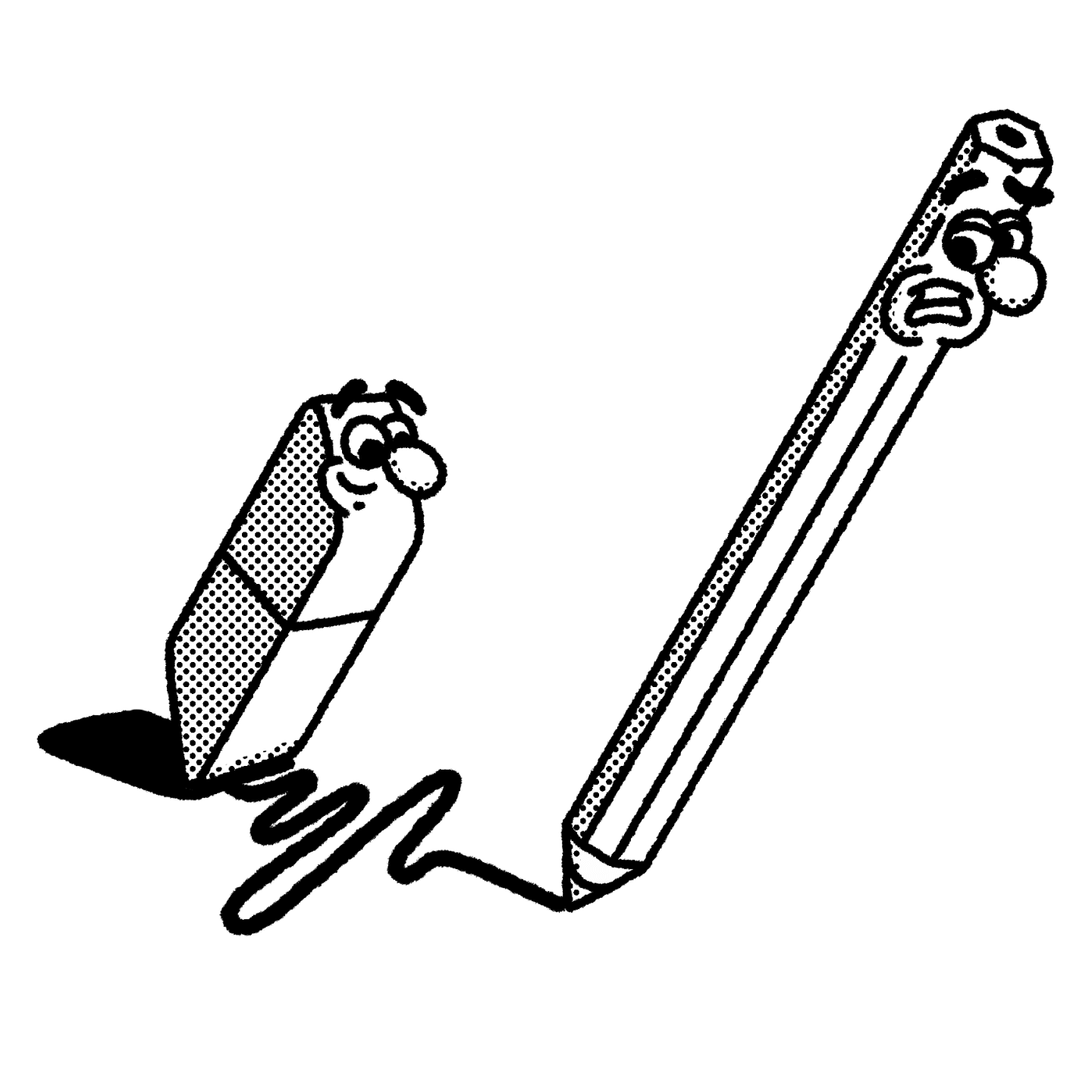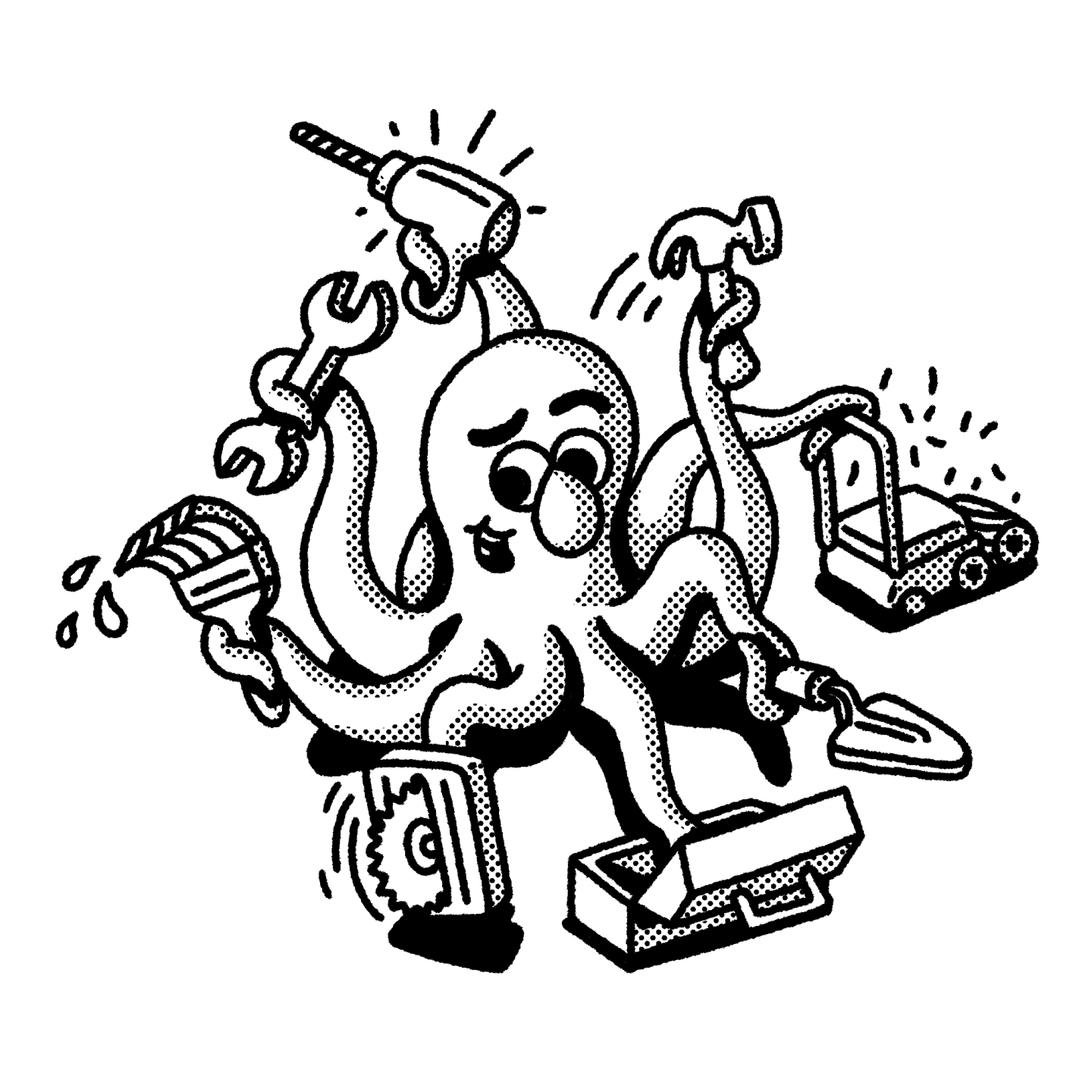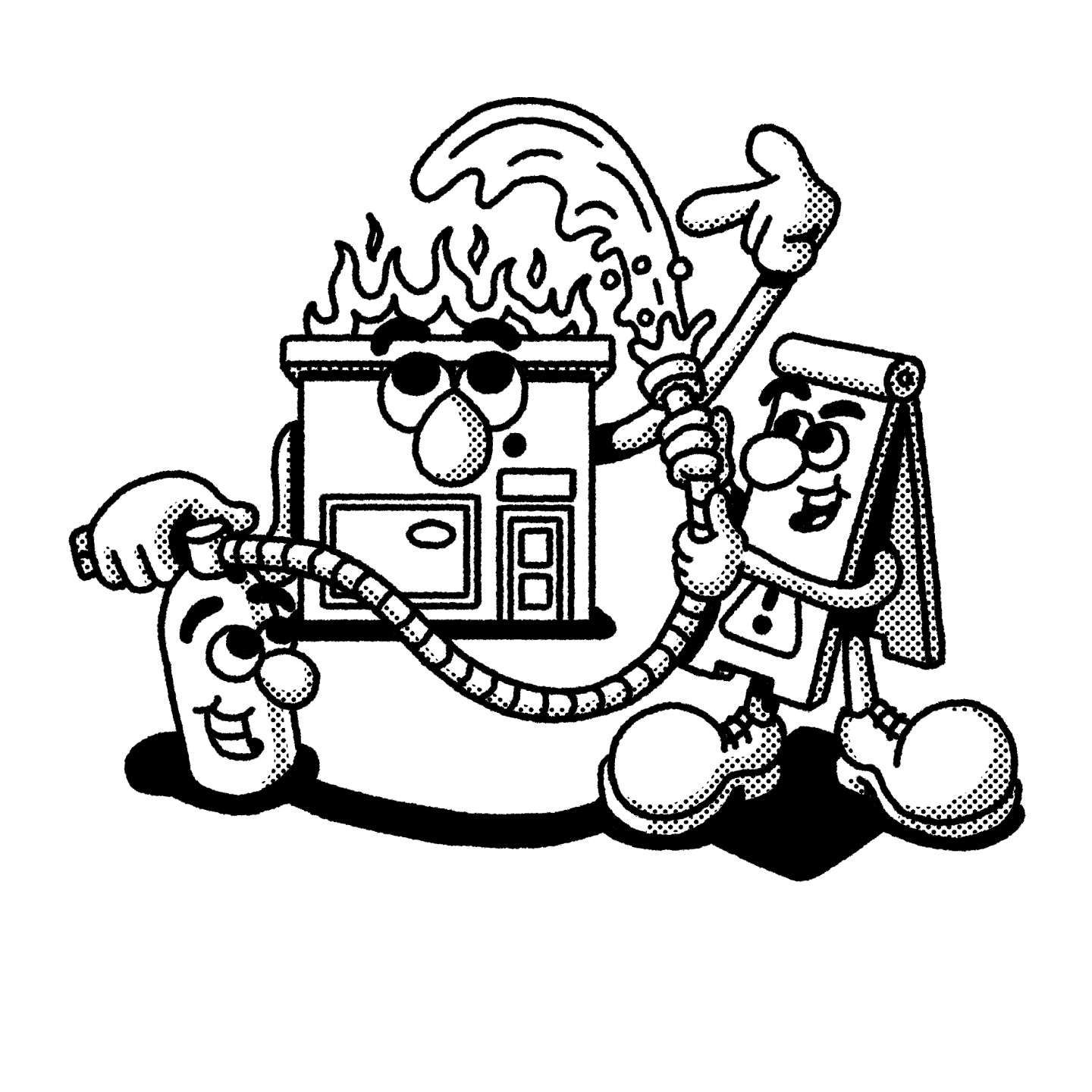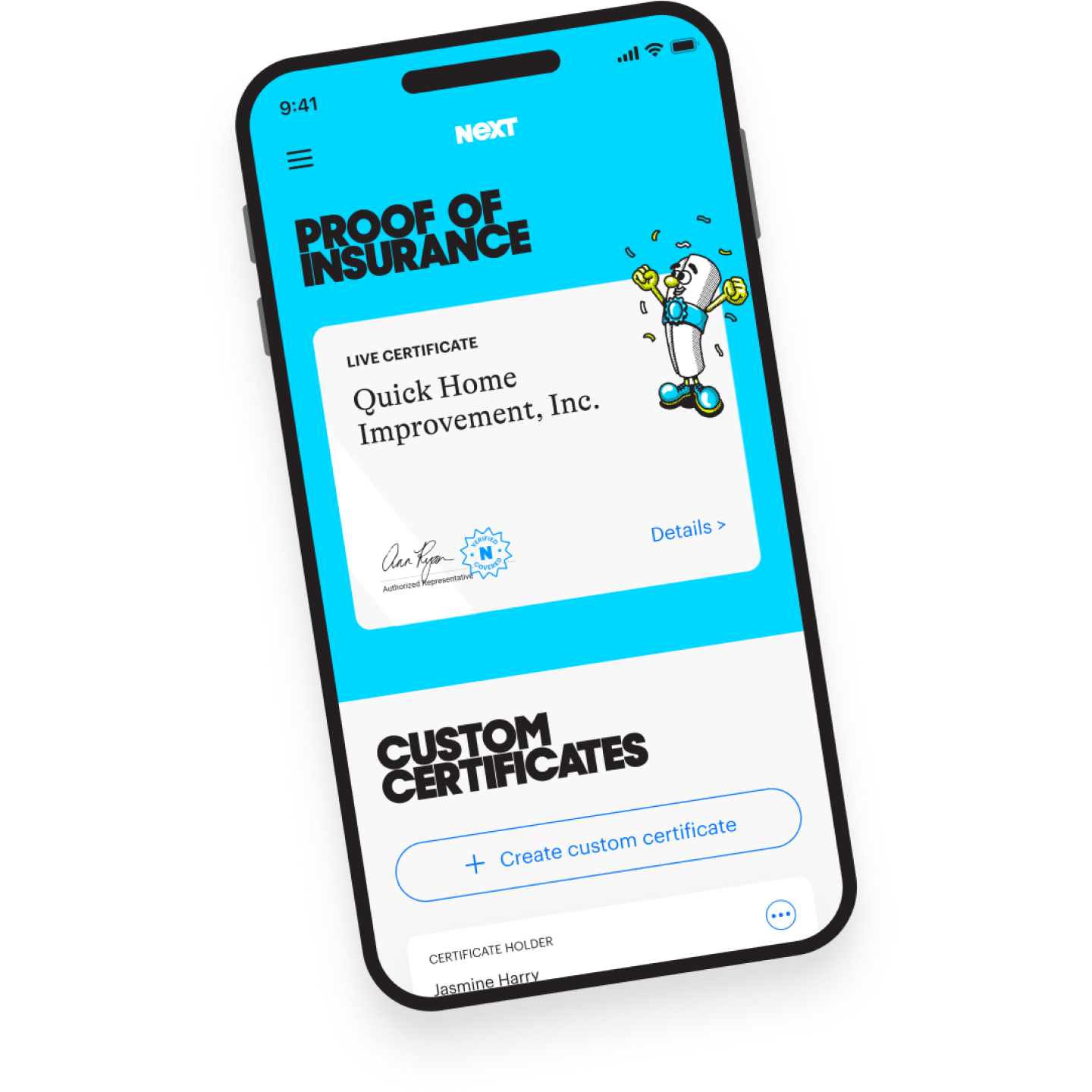BOP Insurance: Business Owner's Policy
General Liability plus Commercial Property insurance in one convenient package
Choose your primary industry to get started:
A Business Owner's Policy (BOP insurance) can help pay for:
Property damage
If you damage someone’s property or something happens to your business equipment and structures.
Injuries
If someone other than an employee gets hurt and your business is responsible.
Court & legal fees
You’re sued for a covered accident and you need a lawyer — even if you did nothing wrong.
Business income interruptions
If your business has to close after a covered loss and you need help with expenses.
Inventory replacement
If your inventory is damaged by fire, theft or another event covered by your policy.
Learn more about a BOP insurance policy
Get protection for the space where you work and liability coverage if your business causes property damage or injury to others.
What is BOP insurance?
A Business Owner's Policy (BOP insurance) combines two important types of business insurance into a single policy — general liability insurance and commercial property insurance.
General liability insurance can help pay for medical expenses if your business is alleged to have injured someone who is not an employee, and legal defense costs if your business gets sued.
It can also help cover costs if you or an employee accidentally damage someone else’s property on the job.
Commercial property insurance can help pay for losses to business structures, goods, gear and inventory that you own after a covered event such as a fire or a burst water pipe.
A commercial property policy can also help cover business interruption income if you have to temporarily shut down your business to repair or rebuild after a covered loss.
BOP insurance with NEXT has additional benefits:
-
Potential cost savings on your insurance premium by bundling two policies into one.
-
Easy, 24/7 access to manage your policy, add additional insureds and share proof of insurance via web or mobile app.
-
Coverage and protection tailored for small businesses like yours.
How much does BOP insurance cost?
Your BOP coverage plan is customized just for your business.
Factors that will determine what you pay for BOP insurance policy include:
-
The type of work you do. Businesses at higher risk for injury or property damage often have higher insurance costs.
-
The limits you choose. Higher coverage limits offer more financial protection and will often increase your insurance premium.
-
The state where you work. Different states have different regulations. And insurance rates are sometimes higher in densely populated areas.
-
Your claims history. Your record of losses and claims has an impact on your small business insurance policy costs.
With NEXT, you can save 10% on insurance costs by bundling your coverage with another business insurance policy, such as workers’ compensation insurance or commercial auto insurance.
Start a free quote to see the exact price you’ll pay for BOP insurance.
What type of business needs a BOP insurance policy?
BOP coverage can be an asset for any small business with a physical location, and any online business with products, inventory or expensive equipment.
Some of the most commonly served businesses include:
-
Retail stores and e-commerce businesses
-
Restaurants, caterers and other food and beverage businesses
-
Professional services such as consultants, real estate professionals and insurance professionals
A business owner’s insurance policy might be right for your small business if:
1. You have a physical location for your business
This could be a leased or owned office, retail storefront, garage or your home.
For example, if you have a legal services business that operates out of a small storefront, commercial property insurance could help protect your business property like computer equipment and office furniture.
If a covered event such as a fire destroys your business, your policy could help with the loss of income when you were unable to operate, and the cost to move and set up in a new location.**
2. You have equipment or inventory that could get stolen or damaged
What if you had to suddenly replace everything you need to get work done?
For example, vandals break in and destroy your coffee shop. Business is closed until you can replace your espresso machines, coffee inventory and all the furnishings and fixtures. Your BOP insurance policy could help cover those costs.
3. You interact with customers and the public
Things can go wrong when you interact with customers, the public and vendors.
For example, someone can slip and fall leaving your business or work site. They could ask you to pay their medical bills — and you might legally have to if you’re found at fault.
Your Business Owner's Policy could help cover legal defense costs for your business and pay the medical bills.
How to get a BOP insurance quote with NEXT
You can buy a Business Owner's Policy online in less than 10 minutes with NEXT.
Start a free instant quote to see options for your small business.
We’ll ask you some basic questions about your business and operations, including:
-
Your industry
-
Where you do business
-
How many years you’ve owned the business
-
Number of employees
-
The type of property you own or lease
-
Expected annual revenue
-
Recent insurance and claims history
We will use the information you share to create a customized insurance quote.
If you like what you see, choose the package limits you like and buy directly online. Your BOP insurance will begin immediately after payment, and you’ll have access to your certificate of insurance.
If you need help, our licensed, U.S.-based insurance professionals are standing by.
BOP insurance FAQs
Our licensed, U.S.-based insurance advisors are ready to help if you have additional questions.
How is a BOP different from Commercial Property insurance?
Commercial property coverage can provide protection over goods, gear, inventory and structures that you own for your small business.
A Business Owner's Policy can cover all of this, plus general liability risks such as damage to other people’s property, injuries to customers or vendors and some legal fees.
If you know your business needs both general liability and commercial property insurance coverage, you can typically save money by combining them in a BOP policy.
Compare Business Owner's Policy coverage with commercial property insurance.
Do I need additional General Liability insurance if I have a BOP?
The liability coverage you get through a BOP is usually the same protection you get from a general liability insurance policy.
When you buy Business Owner's Policy insurance instead of general liability coverage, you get the added benefit of commercial property insurance. This extended protection could help cover equipment breakdowns, inventory and the physical building you use for your business.
Compare BOP insurance to general liability insurance.
Can you tailor coverage to a specific industry in a BOP?
Business Owner’s Policies can be customized to the specific needs of your small business. They can easily include relevant coverage and protection just for your industry.
For example, if you own a restaurant, a food spoilage endorsement could help with a covered loss if a power outage causes your walk-in refrigerator to fail and your inventory is ruined.**
A BOP can also be combined with additional coverages.
If you have employees, workers’ compensation insurance could be mandatory in your state to help protect your employees from work-related illness or injury. And if you drive for work, commercial auto insurance can take over when your personal auto insurance won’t suffice.










